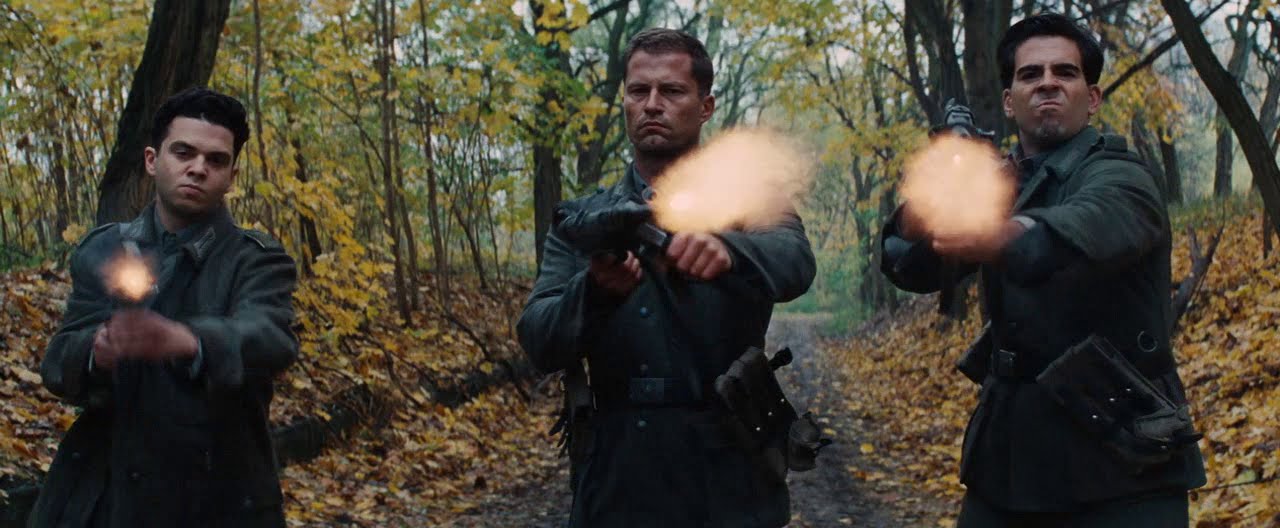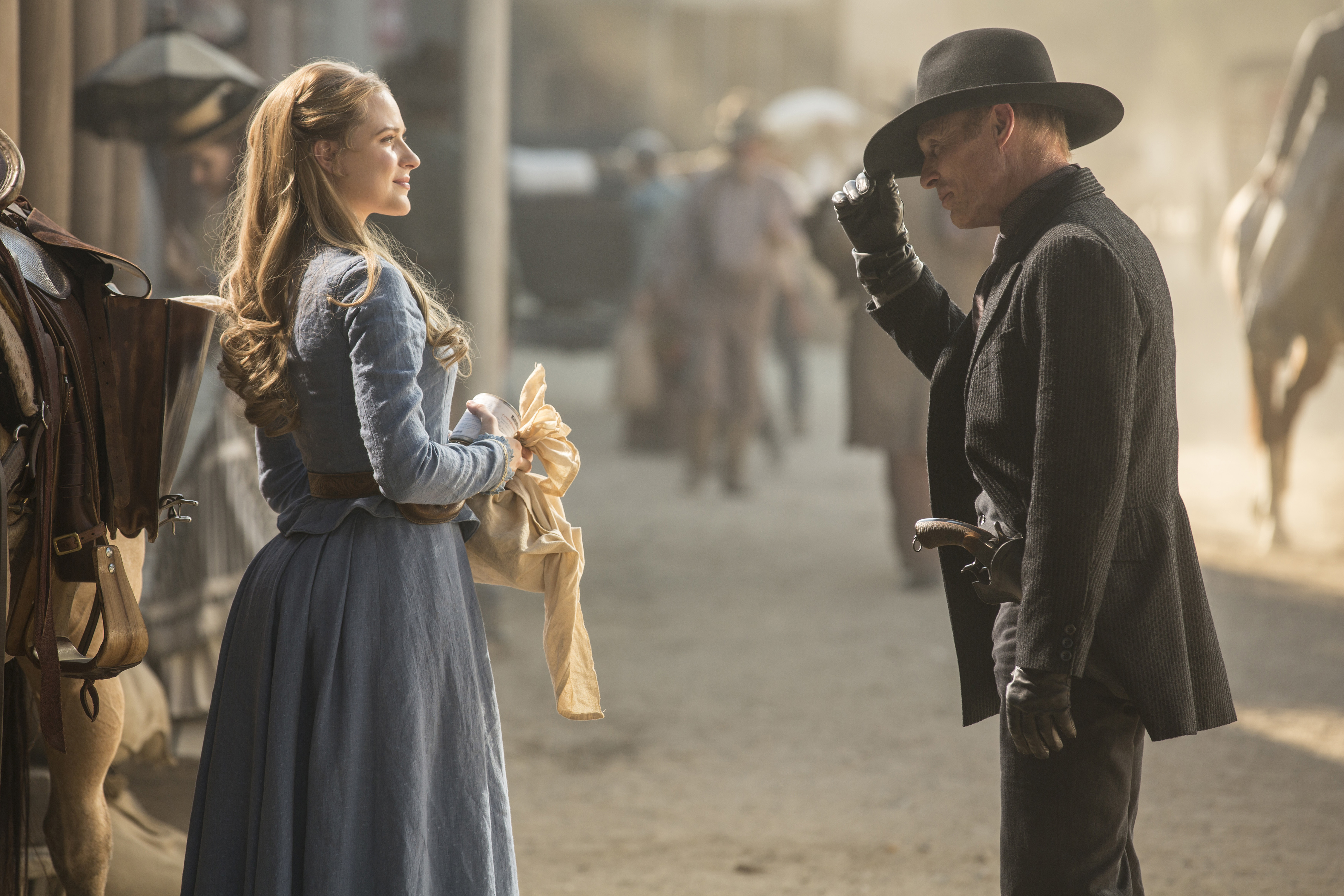
The long-awaited Playstation 4 space exploration title No Man’s Sky finally released this month, and while some are enjoying the game, its overall reception hasn’t been pretty. In its current state, the game is a bit of a buggy mess, with many PS4 users (and even more PC users) reporting frequent game crashes and, occasionally, needing to restart the game from the beginning to get past issues. Bugs at launch alone wouldn’t be especially noteworthy in today’s release-first-patch-later publishing culture, but No Man’s Sky has also failed to meet most gamers’ expectations. Many were expecting a practically infinite world full of things to do, but found themselves repeating the same boring tasks over and over again for dozens of hours, until they reached the center of the galaxy and (mild spoilers) essentially got to do it all over again.
For many, it’s disappointing. For others (*cough*me*cough*) it was inevitable from the start. Hello Games, the independent development team that created No Man’s Sky, is made up of 15 employees. Sure, they may have created an algorithm that mixed and matched a number of elements and created 18,446,744,073,709,551,616 planets (allegedly), but that doesn’t mean that said planets are wholly unique, nor does it say how many different variables can go into the flora and fauna of the game. And even if they created hundreds of variables for the planets and lifeforms that inhabit them, after a dozen hours or so, you’re going to be looking at various mashups of things that you’ve already seen.
Continue reading Who’s To Blame For High Expectations? →




